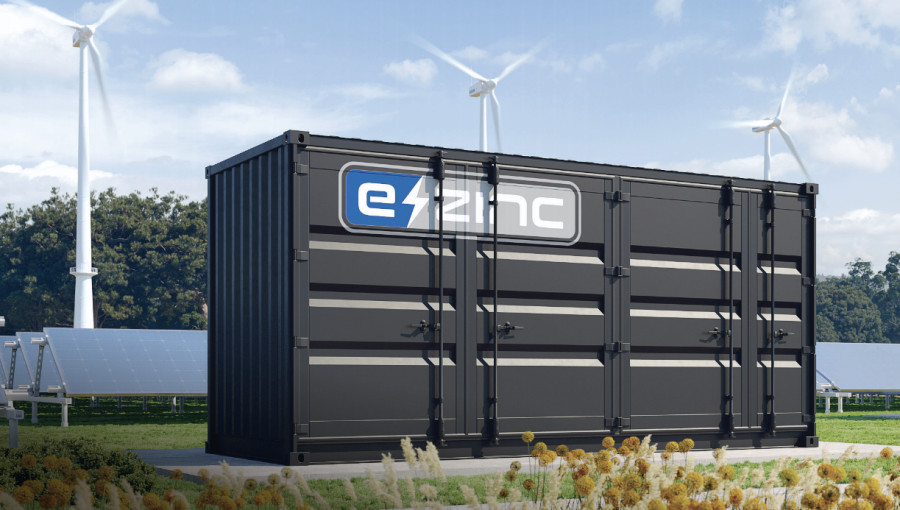The United States is grappling with significant energy storage challenges, but emerging solutions like zinc-air batteries promise to address these issues. While conventional lithium-ion batteries have seen costs decrease dramatically, there remains a pressing need for longer-lasting and more efficient energy storage systems. Zinc-air technology is gaining attention as a potential alternative, leveraging an abundant and affordable material to enhance energy storage capabilities. As startups like e-Zinc make strides in this field, the shift toward sustainable energy storage solutions seems increasingly viable.
Currently, the U.S. faces critical questions regarding energy storage viability, with some government officials expressing skepticism about its existence. Despite the doubts, innovative solutions are transitioning from research and development to commercial applications. Lithium-ion batteries, while having lower costs compared to traditional energy sources, still require significant investment, raising discussions on how to effectively allocate resources in the energy sector.
Although lithium-ion systems provide adequate short-term storage, the future energy grid demands solutions with longer durations and lower costs to accommodate the expanding usage of renewable sources like wind and solar. Recent analysis from the International Renewable Energy Agency highlighted that new renewable energy projects are often cheaper than fossil fuel alternatives, further emphasizing the necessity for expanded energy storage capabilities.
As researchers explore alternatives, zinc has emerged as a promising option due to its historical use in energy storage and relatively low cost. Zinc-air batteries, a focus of ongoing research, have shown potential for high energy density and consistent discharge profiles. However, challenges related to catalysts used in these systems continue to impede advancements.
One notable player in the zinc energy storage sector is e-Zinc, a Toronto-based startup aiming for extended operational durations beyond conventional benchmarks. E-Zinc’s innovative approach includes a unique cell architecture that allows for the cyclical charging and discharging of zinc, aided by a recent influx of investment aimed at scaling production.
As the race for effective long-duration energy storage solutions continues, zinc-air technology exemplifies the momentum towards sustainable energy systems—an essential evolution irrespective of potential shifts in U.S. energy policy or industry skepticism.

